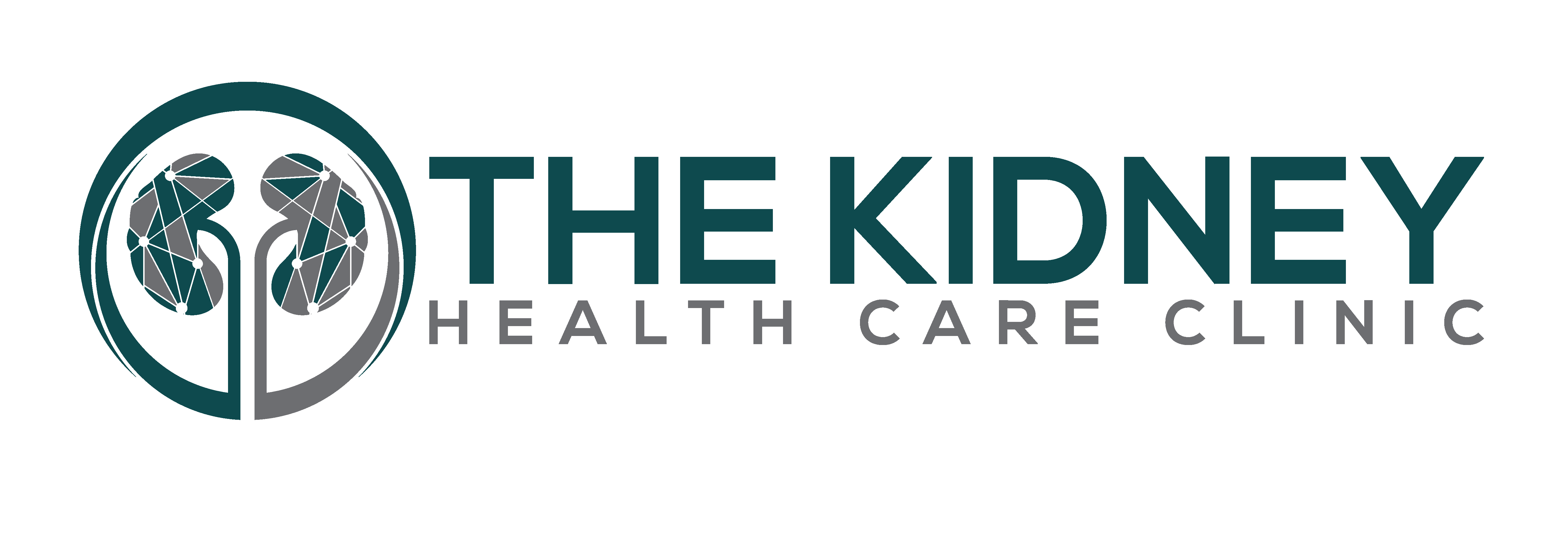Maintaining optimal kidney health is essential for overall well-being, given that our kidneys filter waste, regulate blood pressure and balance electrolyte levels. Unfortunately, Chronic Kidney Disease (CKD) can occur when these functions become impaired over time. Fortunately, there are steps you can take to minimise your risk of developing this condition.
What Is Chronic Kidney Disease (CKD)?
When kidneys can no longer work as they should, a condition known as CKD or ‘Chronic Kidney Disease’ may be the cause. Unfortunately, this ongoing concern worsens over time, eventually leading to kidney failure and calling for the need for dialysis or transplantation to sustain life. Here are some tips to prevent CKD and keep your kidneys in prime condition.
What are the contributing causes of Chronic Kidney Diseases?
Blood Pressure
CKD is often associated with elevated blood pressure levels, so it is essential to understand how to control this condition. Adopting a healthy lifestyle with regular physical activity, a nutritious diet, and stress management can help regulate and control blood pressure. For more severe cases, medication may be the best option. Speaking to a healthcare professional about your condition can lead to a suitable and effective treatment plan.
Maintain a Healthy Weight
Obesity is a significant contributor to CKD, as it can result in high blood pressure, diabetes, and other issues that cause kidney damage. One should focus on leading a healthy lifestyle with proper dieting and physical activity to limit the risk of CKD. The ideal BMI (Body Mass Index) range is 18.5-24.9 – consulting with medical professionals can help make this achievable.
Limit Salt Intake
We must watch over how much salt we consume to protect our kidneys. The suggested limit for sodium intake per day is 2,300 milligrams or about one teaspoon of salt. To maintain healthy kidney function, try replacing processed and packaged foods with fresh whole foods that have low sodium levels naturally.
Stay Hydrated
Maintaining optimal hydration is vital for proper kidney function, as it aids in eliminating toxins and extra fluids from the body. Strive to drink at least eight glasses (64 ounces) daily, depending on physical exertion or a warm climate. Steer clear of sugary drinks and alcohol, which can lead to dehydration and kidney damage.
Quit Smoking
Smoking can be extremely harmful to your kidney health. It is important to note that smoking has been linked to adverse effects on kidney health. Prioritising your health and considering quitting smoking is vital to prevent further damage. This habit can damage the blood vessels and reduce the amount of oxygen reaching the kidneys. Therefore, it is essential to cease this habit or activity to preserve healthy kidney function and lower the chances of developing chronic kidney disease. If you require extra support, consult a healthcare provider or join a program focusing on quitting this risky habit.
Manage Diabetes
CKD is often a result of uncontrolled blood sugar levels associated with Type 1 or 2 Diabetics, so it is essential to take active measures for preventing diabetic kidney disease. Eating healthy foods, regular physical activity, and taking any medications your healthcare provider prescribes can help reduce the danger of developing kidney damage.
How to Detect Symptoms of CKD at Early Stages?
Regular Check-ups and Monitoring
To ensure healthy kidney functioning and any early signs of chronic kidney disease, it is essential to have check-ups with a healthcare provider frequently. Through blood and urine tests, your doctor can keep track of changes or irregularities that may be occurring.
Alongside this, they will also be aware of other variables such as medications, diet, and lifestyle that could influence the health of your kidneys. Your healthcare provider will be able to give you advice on how best to sustain your kidney performance.
Where to seek treatment for Kidney Failure?
Seek medical treatment immediately if experiencing or displaying symptoms of Chronic Kidney Disease.
Contact our kidney specialist at the Kidney Health Care Clinic today.
